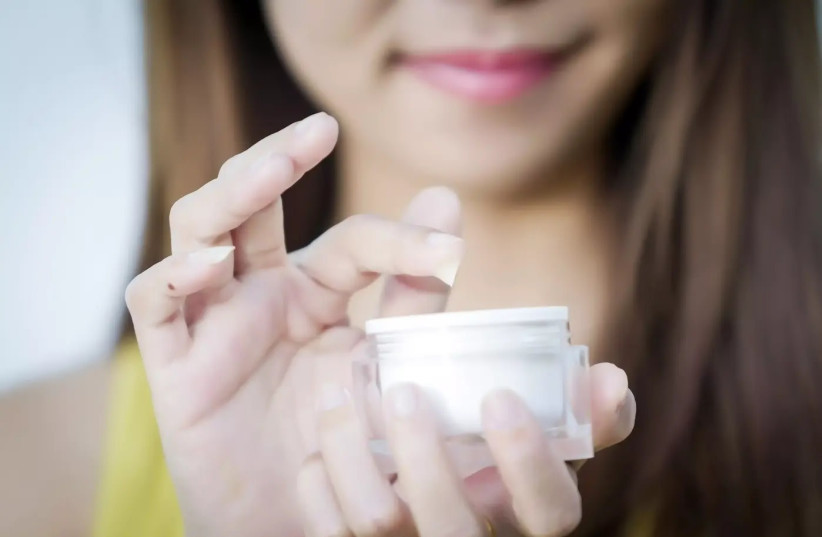Our body's skin, our protector, is very exposed to changes in weather conditions. In the winter, it is considered more vulnerable, for three main reasons: low humidity, which dries it out and therefore affects its health (healthy skin is elastic and flexible, rich in moisture); strong winds, which contribute to drying out the skin; and heaters, which emit very dry air.
Many suffer from skin problems because of this, and those who also experience these problems in other seasons often find that their condition worsens in the winter. What are the most common skin problems in winter, how do we treat them, and how can we prevent them in advance?
Most common skin problems:
1. Chafing and rednessThese are two of the most common problems in winter, as dry skin quickly leads to chafing and redness, and a feeling of irritated skin. Dryness is the main cause, so it is important to focus on it - by using different creams and products with a pH level of 3.5 that are adapted to our skin and can restore its moisture and elasticity.
2. Dry and chapped noseThis usually occurs due to frequent blowing of the nose with relatively rough tissue, which causes the skin to dry out and become injured. Using delicate baking paper or tissues designed for sensitive skin can reduce the pain and redness so characteristic of these conditions, and moisturizer certainly won't harm.
3. ChafingAlthough chafing is caused by a combination of moisture and heat, this combination can also occur in winter - for example, during running, and certainly in a period when the skin is more vulnerable and sensitive. If chafing occurs, it is important to keep the area clean and dry as much as possible. Applying cream to prevent chafing in the affected area will help soothe and improve the condition.
4. Itchy and peeling eyelidsThe eyelid area can become itchy and have peeling skin in winter, usually mainly due to seborrhea in this area. Using creams may help here, and sometimes using shampoo to treat seborrhea (especially if it also appears on the scalp).
5. Dry and cracked lipsThe skin of the lips often dries out in winter, particularly due to strong winds. Cold sores may also erupt more frequently in winter, as the body is less resistant to various threats during this period. Special lip balms, particularly for dryness, and creams for treating cold sores, will greatly help improve the condition.
In summary - how can we prevent such problems in advance? The body's skin is very vulnerable and greatly affected by the weather, being the most exposed organ, presumably, and the "guardian" of the whole body. It is important to be aware of the damage caused by the weather, especially in winter when the environmental conditions are not favorable to the skin.
How can we ensure that our skin remains healthy even in the winter season? There are several steps we can take to prevent skin problems in the cold season and preserve its health:
1. Shorter showers - as prolonged and hot showers dry out the skin.2. Increased water consumption, which contributes to the elasticity of the skin throughout the year.3. Establishing a skincare routine with suitable products, especially after showering.4. Using a creamy soap that provides high moisture to the skin, with a relatively low pH of 3.5, as compared to 'regular' soaps with a higher pH.5. Consulting with a dermatologist in advance, particularly when dealing with individuals who suffer from chronic skin conditions, such as psoriasis. They can provide personalized guidance and recommend appropriate products and treatments to manage and alleviate symptoms.
By following these preventive measures and seeking professional advice, we can better care for our skin and maintain its health during the winter season.

